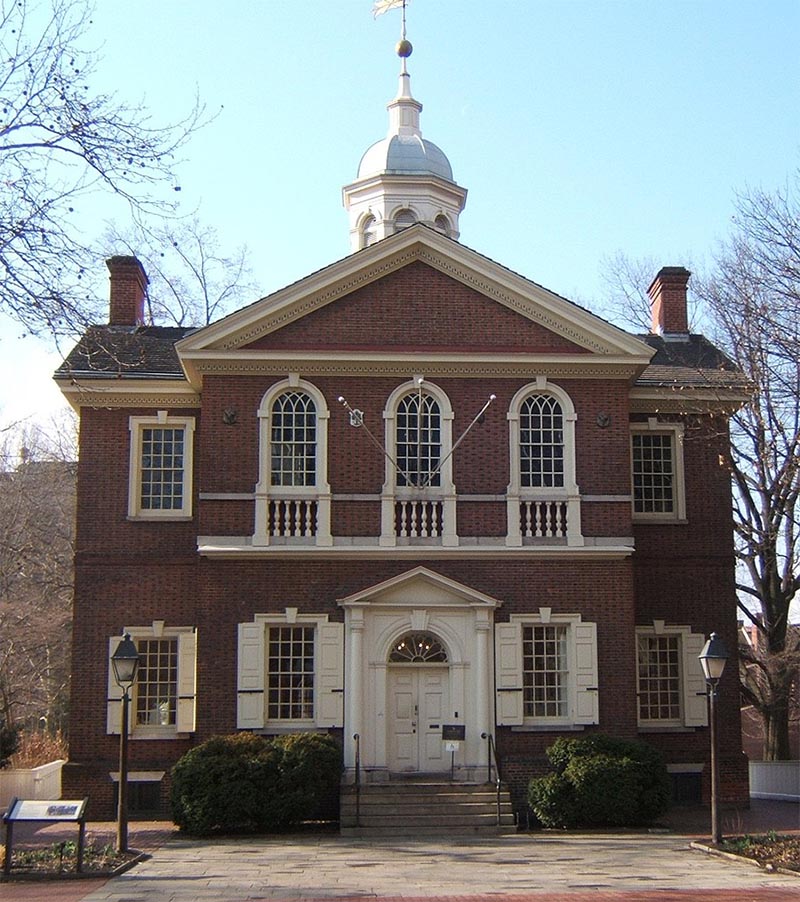What was the First Continental Congress?
Writing to his son William in 1773, Benjamin Franklin outlined his own view of the relationship between the colonies and the mother country:
From a long and thorough consideration of the subject, I am indeed of opinion, that the parliament has no right to make any law whatever, binding on the colonies. That the king, and not the king, lords, and commons collectively, is their sovereign…
A young Thomas Jefferson went into much more detail in his 1774 A Summary View of the Rights of British America, in which he laid out an erudite political philosophy for the British Empire that would preserve the rights of its various parts. Let’s go to the classroom for just a moment and explore his ideas.
